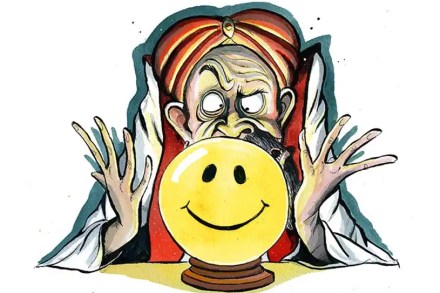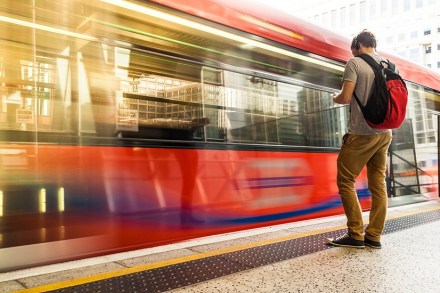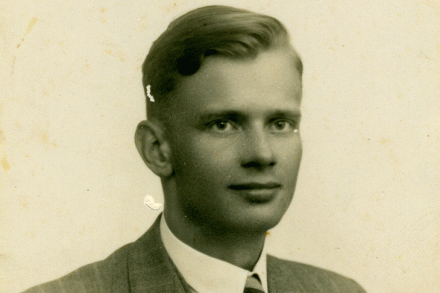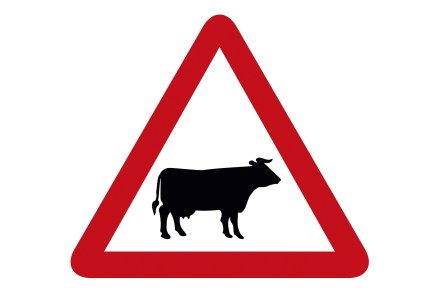Why your summer holidays might be doomed
The first LNER train I booked on Sunday from Durham to London was cancelled due to ‘action short of a strike’. I hadn’t heard the phrase before, but I instantly admired it. It’s so impressively confusing. With a strike, you know whose side you’re on. You can look up the salary of a train driver, for instance, discover that it’s £70,000 after only a few years of training, and become icily indifferent to their plight. But action short of a strike? What is it? ‘Action short of a strike’ turns out to be an ingenious way of screwing your boss while still getting paid Action short of a strike, ASOS,













